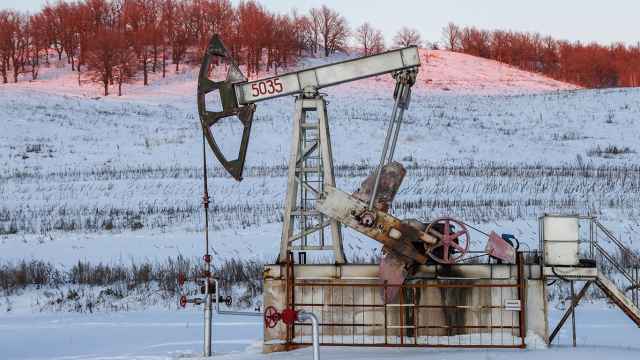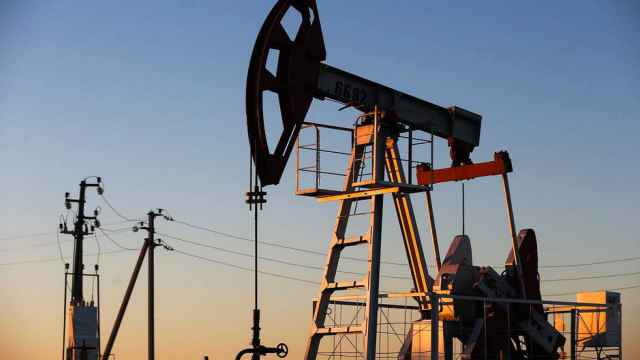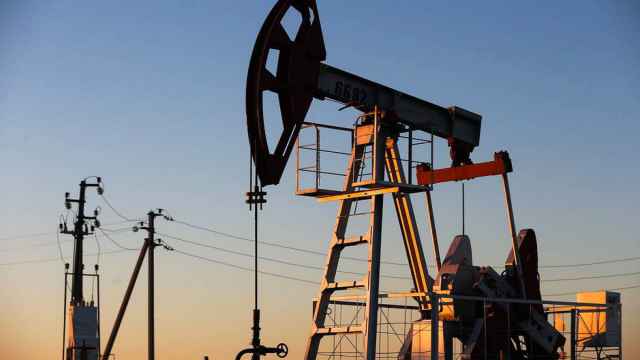Markets were left underwhelmed Monday morning by a “historic” OPEC+ deal struck late Sunday evening to cut oil production in response to the economic fallout of the coronavirus.
Organization of Petroleum Exporting Countries (OPEC), dominated by Saudi Arabia, and its allies led by Russia thrashed out a compromise deal via videoconference Sunday after Mexico had balked at an earlier agreement struck on Friday.
In the compromise reached Sunday they agreed to a cut of 9.7 million barrels per day from May, according to Mexican Energy Minister Rocio Nahle, down slightly from 10 million barrels a day envisioned earlier.
OPEC Secretary General Mohammad Barkindo called the cuts “historic.”
“They are largest in volume and the longest in duration, as they are planned to last for two years,” he said.
The agreement will see Russia and Saudi Arabia cut daily oil output to below 8.5 million barrels a day, and comes one month after the last agreement between the sides broke down, sending oil prices collapsing by around 60% and triggering a price war between the two countries.
‘Great Deal for All’
U.S. President Donald Trump welcomed a “great deal for all,” saying on Twitter it would “save hundreds of thousands of energy jobs in the United States.”
He added he “would like to thank and congratulate” Russian President Vladimir Putin and Saudi Crown Prince and de facto leader Mohammed bin Salman, both of whom he had spoken to.
The Kremlin confirmed the joint phone call, adding that Putin and Trump agreed on the “great importance” of the deal.
However, markets were left largely unmoved by the deal, with analysts suggesting the 9.7 million barrel cut is not enough to match the sharp drop in demand as a result of the quarantines and lockdowns which have been introduced around the world to combat the spread of the coronavirus.
In Russia, the ruble was unchanged against the U.S. dollar, trading at 73.5.
‘Temporary relief’
Rystad Energy analyst Per Magnus Nysveen said Sunday's agreement provided “at least a temporary relief” as fuel consumption was expected to fall globally by 27 million barrels per day in April and 20 million barrels per day in May.
His colleague Bjornar Tonhaugen said that even though the deal made “the single largest output cut in history,” prices were still expected to see "renewed downwards pressure.”
Other analysts were also concerned that the cuts did not go far enough with storage tanks rapidly filling up.
“The hard work lies ahead given that the market is very sceptical that OPEC+ are actually going to be able to come up with their near 10 million barrels a day of production cuts,” Andy Lipow, president of Lipow Oil Associates LLC in Houston, told Bloomberg News.
AxiCorp’s Stephen Innes added that “there remain concerns the agreement could be a day late and a ‘barrel short’ to prevent a decline in prices in the coming weeks as storage capacity brims.”
Russian Energy Minister Alexander Novak was quoted by Russian news agency TASS as saying he did not expect oil markets to recover before “end of the year, in the best case.”
AFP contributed reporting to this article.
A Message from The Moscow Times:
Dear readers,
We are facing unprecedented challenges. Russia's Prosecutor General's Office has designated The Moscow Times as an "undesirable" organization, criminalizing our work and putting our staff at risk of prosecution. This follows our earlier unjust labeling as a "foreign agent."
These actions are direct attempts to silence independent journalism in Russia. The authorities claim our work "discredits the decisions of the Russian leadership." We see things differently: we strive to provide accurate, unbiased reporting on Russia.
We, the journalists of The Moscow Times, refuse to be silenced. But to continue our work, we need your help.
Your support, no matter how small, makes a world of difference. If you can, please support us monthly starting from just $2. It's quick to set up, and every contribution makes a significant impact.
By supporting The Moscow Times, you're defending open, independent journalism in the face of repression. Thank you for standing with us.
Remind me later.






